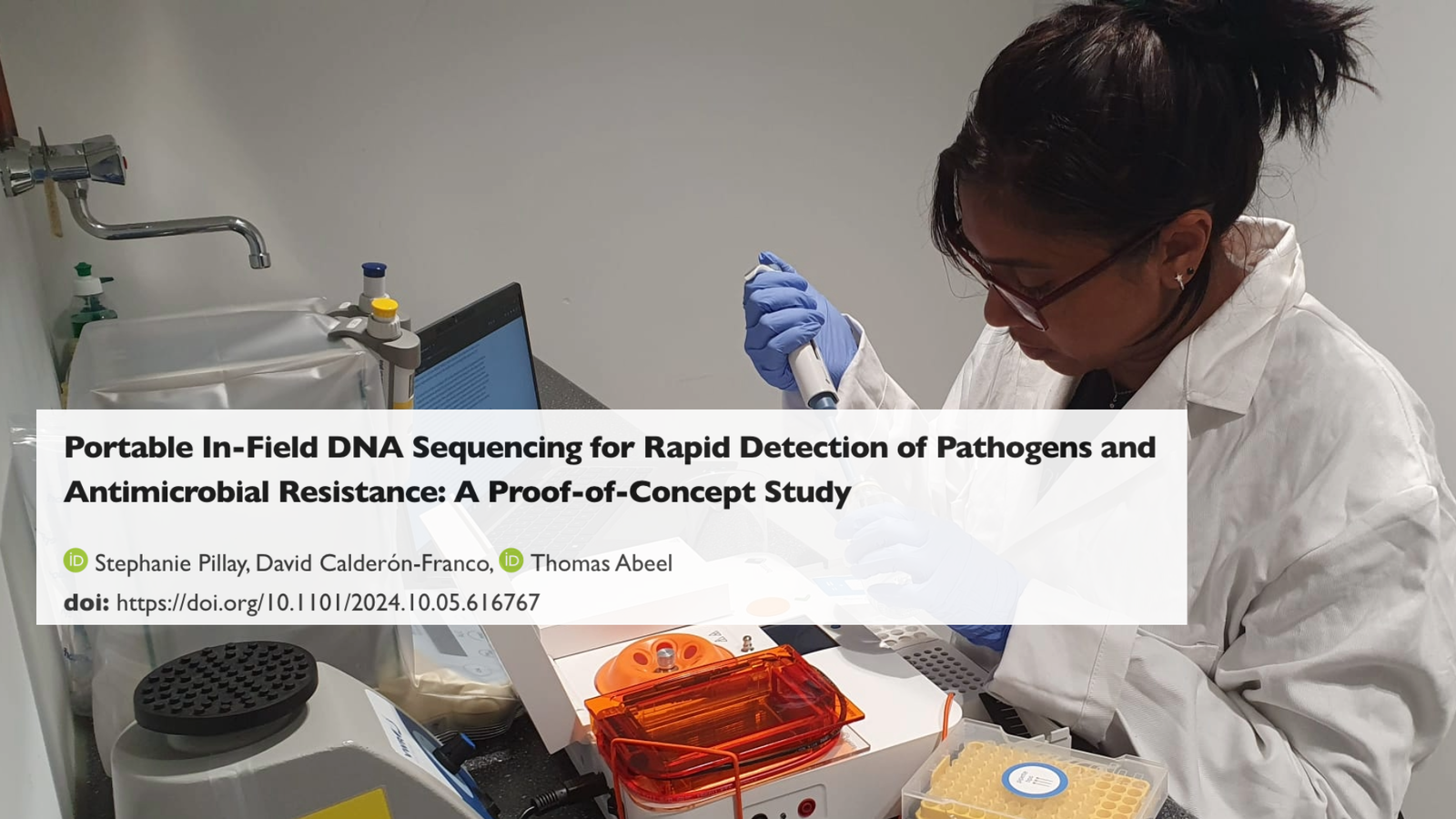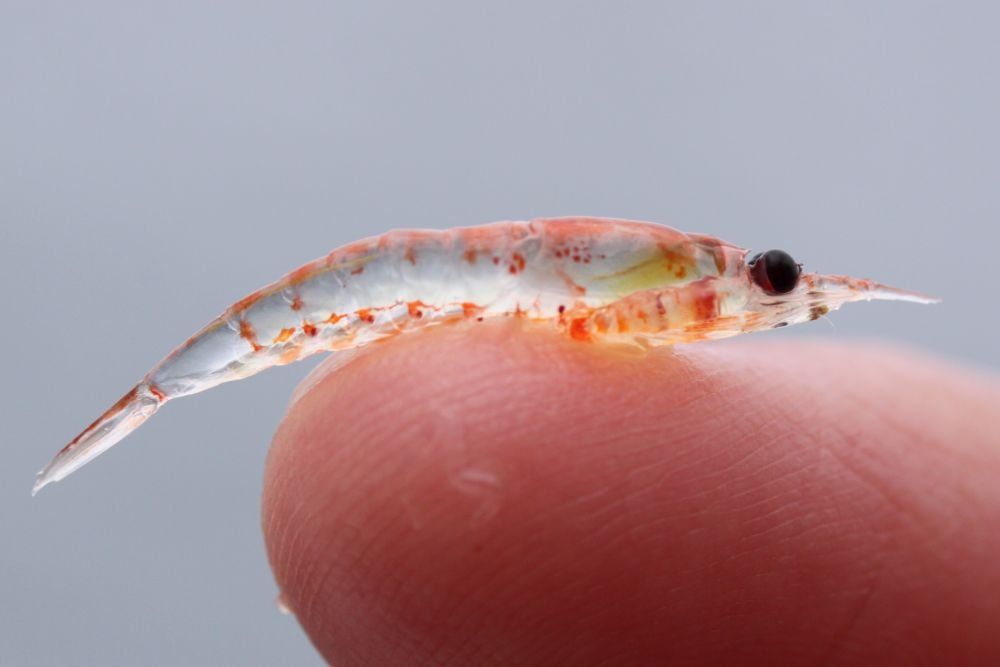Hey PCR enthusiasts!
Here are this week’s highlights from Bento Lab.
Bento Lab in the Field
An Amazing Cave Metagenomics Expedition!
We were delighted to see some first photographs of an amazing expedition into the depths of some of the least accessible, most pristine, and ancient caves in the world, featuring Bento Lab as part of their in-situ Oxford Nanopore MinION sequencing workflow.
The expedition, involving microbiologist Martina Cappelleti (@martycap_micro) of the University of Bolognia, delved into the depths and microbial biodiversity and metagenomics of Imawarì Yeuta, a giant cave system in the Auyan Tepui, Venezuela.
Martina shared a first glimpse of the expedition on Twitter/X:
It was a memorable experience to conduct #insitu #microbiological analyses in the #cave Imawarì Yeuta in venezuelan #tepuis that is one of the less accessible and most #pristine places on #Earth! (1/3) #microbiology #metagenomics #sequencing #nanopore #cave #MinION #exploration Sept 14, 2023
We’re very proud that a Bento Lab was used as part of this ground-breaking expedition, and are looking forward to hearing more about how it went and the results when more details are released!
You can find out more about Martina Cappelleti’s work on her lab group’s website.
Interested in DNA methods and workflows? Subscribe for monthly insights.
Bento Lab spotted at the British Science Festival
This week the Natural History Museum’s Molecular Labs (@NHM_Molecular) ran a stall for the British Science Festival 2023 (7th-10th September), demonstrating how to collect specimens and sequence DNA, and explaining why this work is important.
It was great to see a Bento Lab as part of their demonstration workflow, and we’re very grateful for them tagging us in their tweet so we could see it on display! Check out their Twitter/X post and stand here, and give them a follow to find out more about their work:
We had a busy day yesterday at #BSF23. If you missed us in dome 3, we’ll be back again this afternoon. Find out how to collect samples and extract and sequence the DNA (and why you’d want to!). See our @theBentoLab bento box and have a go on our @brickopore. @BritishSciFest Sep 10, 2023
We love to see Bento Labs “in the wild”, so if you have any photos of Bento Lab to show off on Twitter/X or other social media, please do post them and let us know!
A Free 7-Week Massive Open Online Course on eDNA
Eth Zurich are running a 7-week, 1-2 hour a week Massive Open Online Course on “Environmental DNA: Sensing the Diversity of Life and Assessing Ecosystem Health”, starting on 19th September.
It’s free, and you can upgrade for a small fee to get additional support and a certificate.
You can find the course and sign up here: https://www.edx.org/course/edna-01x
Methods and Techniques
Universal and Rapid Salt-Extraction of High Quality Genomic DNA
If you’re looking for a cheap and safe method of extracting high-quality genomic DNA, that could be used in improvised laboratories or home settings, then this popular and long-established method by Aljanabi & Martinez (1997) may be of interest:
What we like about this method is that despite being 26-years old it appears to work well for many applications — it has 3500 citations according to Google Scholar, and is still in use today! Equally importantly it avoids the use of toxic chemicals, and the chemicals used are fairly accessible with the exception of the proteolytic enzyme Proteinase K.
One nice example of this method in action can be found in Lutz et al. (2023), where the authors found it to be an effective method of extracting high-quality DNA from fish (in this case Southern Red Snapper Lutjanus purpureus).
We don’t currently stock Proteinase K but we would love to know if there is a demand for it, so if this is something you would like us to stock, please get in touch!


